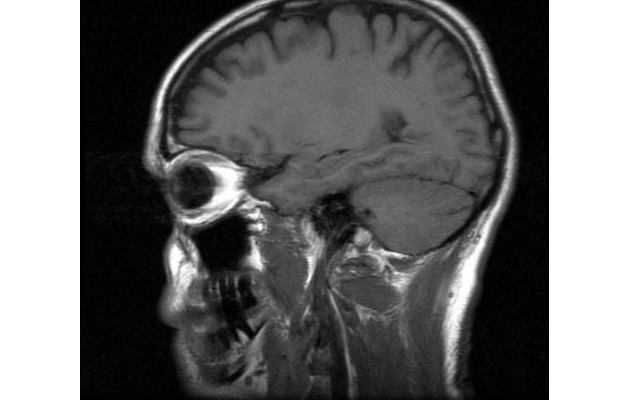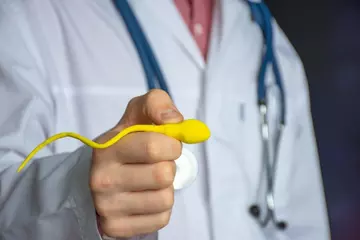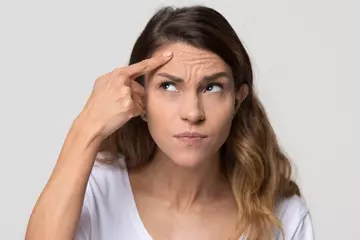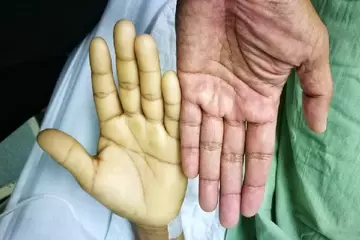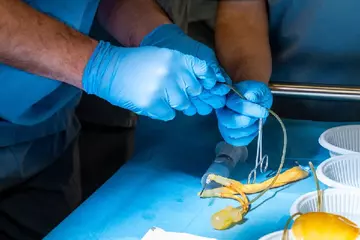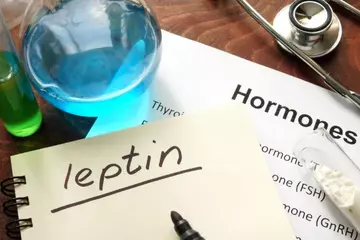What is ALS (Amyotrophic Lateral Sclerosis) or Lou Gehrig's Disease?
ALS, also called Lou Gehrig's Disease, is a neurological disease. It worsens with time and gets more debilitating. This disease causes disability, as it destroys the nerve cells. The disease begins with minor symptoms, which progress to immobility and inability to breathe. It eventually results in death.
What are the main signs and symptoms of ALS?
Symptoms of ALS may seem very trivial in the initial stages, and start to worsen as the disease progresses. The problem starts with the limbs, spreading slowly to involve other body parts. It impairs the ability to chew and swallow, breathe and speak. Common symptoms include:
- Tripping, or falling frequently.
- Muscle weakness.
- Lack of coordination of the limbs.
- Being clumsy or awkward.
- Weakness in the lower limbs, including ankles and feet.
- An unclear speech marked by slurring.
- Muscle cramps.
- Difficulty in maintaining posture or holding the head up.
- Difficulty swallowing.
- Muscle twitches.
What are the main causes of ALS?
Little information is available on the exact causes. While under 10 per cent of the cases are inherited, the causes of the rest continue to be unclear. Some of the possible causes include:
- Modified or mutated gene structures.
- Imbalance in the levels of glutamate (a chemical that sends messages from the nerves to the muscles), which leads to toxicity in the cells.
- Autoimmune activity in the nerve cells.
- Accumulation of protein or abnormalities in the form of protein in nerve cells, which leads to their destruction.
- Exposure to toxic warfare products.
- Strenuous physical activity.
How is ALS diagnosed and treated?
ALS, in its initial stages, may be confused with other neurological disorders. The key to its diagnosis lies in ruling out the possibility of the other conditions. Tests to ascertain this include:
- EMG or electromyogram to check the activity of muscles for other neuromuscular conditions.
- Nerve conduction tests to check for impulse transmission that may indicate nerve damage or muscular diseases.
- MRI to check for tumours in the spinal cord or herniated discs.
- Urine and blood tests to check for other conditions.
- Lumbar puncture to obtain cerebrospinal fluid for testing.
- Muscle biopsy for further analysis.
There are no available forms of treatment to either cure or reverse ALS. However, there are treatment methods to help make the person more comfortable and slow down the progression of the disease. These include:
- Medication
Two major medications are usually suggested:- Edaravone to prevent any hindrance in daily activities. It may have side effects like allergic reactions, breathlessness or swelling.
- Riluzole, which has been shown to reduce glutamate levels and delay disease progression. Side effects include liver function problems, gastric trouble and dizziness.
- Medication for symptoms like cramps, constipation, tiredness, depression, insomnia, pain, congestion and salivation may also be advised.
- Supportive therapies
These are targeted at trying to balance the condition of the person and provide a better functioning and control These include:- Occupational therapy to help perform daily functions like eating, getting dressed and walking despite failing strength in the limbs.
- Breathing techniques to help ease breathing, especially at night and during sleep as the disease progresses. Mechanical breathing support may eventually be required.
- Physical therapy for pain relief, balance, mobility and adjustment. This helps to keep the body stronger, although the person may eventually need to get accustomed to using a wheelchair to get about.
- Speech therapy to help communicate clearly and effectively.
- Social and emotional support since it is impossible for a person to deal with the condition alone.

 Doctors for ALS (Amyotrophic Lateral Sclerosis)
Doctors for ALS (Amyotrophic Lateral Sclerosis)  OTC Medicines for ALS (Amyotrophic Lateral Sclerosis)
OTC Medicines for ALS (Amyotrophic Lateral Sclerosis)

